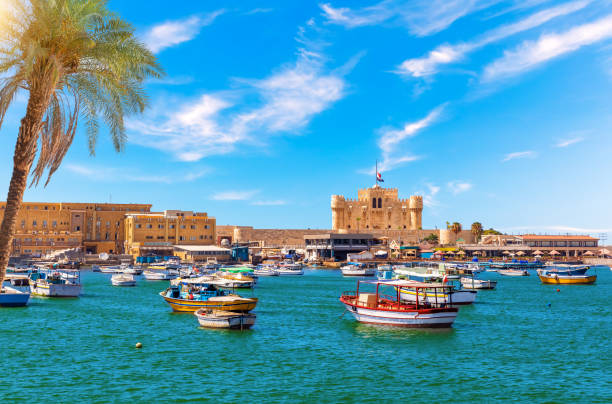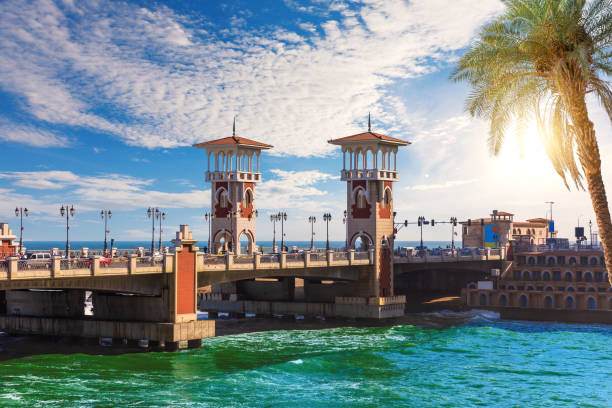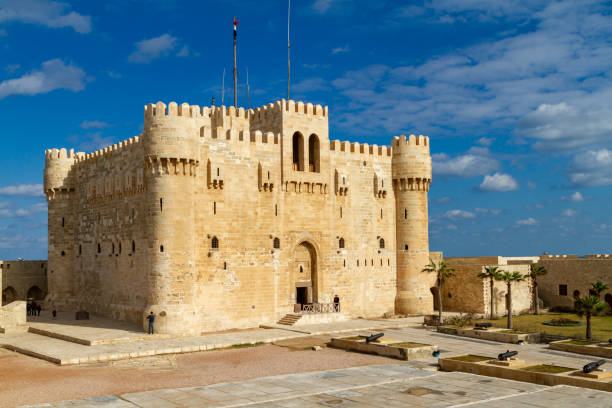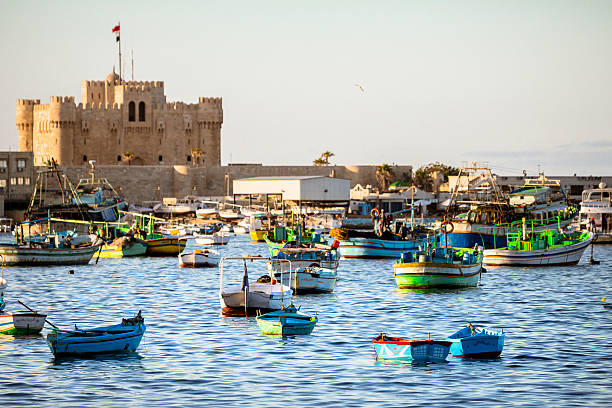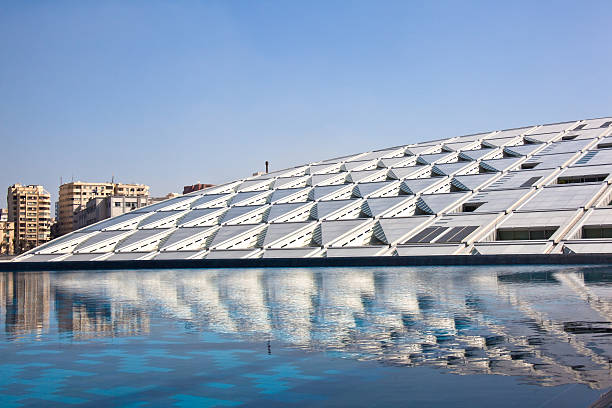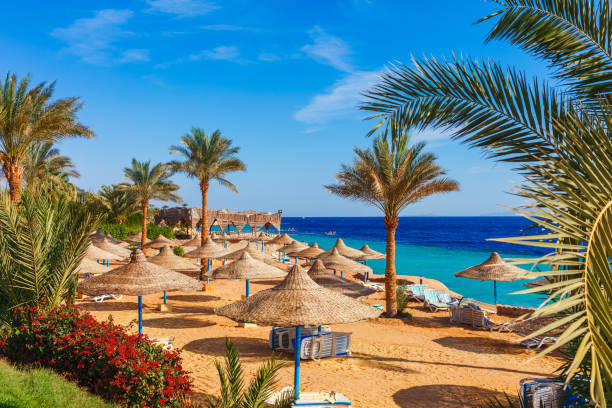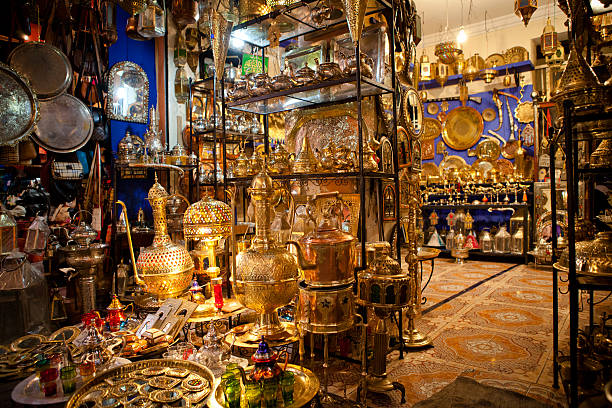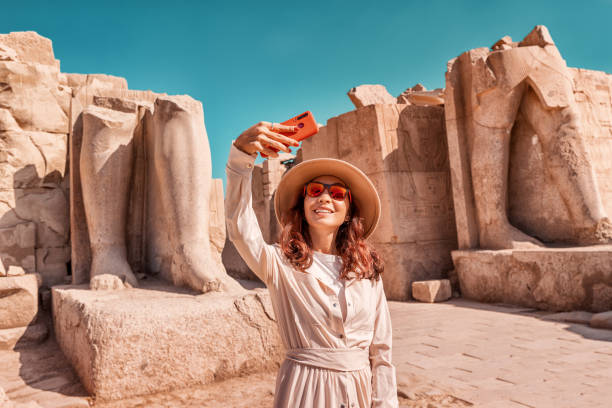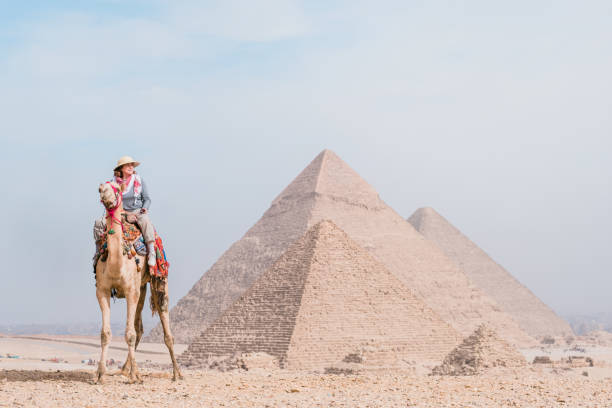Overview
Alexandria is a city with a rich history and cultural significance, particularly in the Mediterranean region. Here are some key points about Alexandria:
Historical Importance: Founded by Alexander the Great in 331 BCE, Alexandria became a major center of Hellenistic civilization. Under the rule of the Ptolemaic dynasty, it became one of the most significant cities in the ancient world, known for its library and scholars.
The Library of Alexandria: Perhaps its most famous feature, the Library of Alexandria was one of the largest and most significant libraries of the ancient world. It housed countless scrolls and texts, and it was a center for learning and scholarship. Though it suffered damage and eventual destruction, its legacy persists.
Cultural Crossroads: Due to its strategic location on the Mediterranean coast of Egypt, Alexandria has long been a cultural crossroads, blending Egyptian, Greek, Roman, and later Arab cultures. This blend of cultures is evident in its architecture, cuisine, and customs.
Modern Alexandria: Today, Alexandria is the second-largest city in Egypt and a major economic and cultural hub. It is known for its beautiful Mediterranean coastline, historic landmarks, and vibrant street life.
Landmarks: Some of Alexandria’s notable landmarks include the Citadel of Qaitbay, built on the site of the ancient Pharos lighthouse; Pompey’s Pillar, a Roman triumphal column; and the Catacombs of Kom el Shoqafa, a fascinating underground necropolis.
Cultural Influence: Alexandria has been an inspiration for many writers, including the famous Greek poet Cavafy and the British author Lawrence Durrell, who wrote the “Alexandria Quartet,” a series of novels set in the city.
Economic Importance: Alexandria serves as a major seaport and industrial center, handling a significant portion of Egypt’s imports and exports. Its port is one of the busiest in the Mediterranean region.
Education and Research: The modern city is home to several universities and research institutions, continuing Alexandria’s tradition of intellectual pursuits.
Cosmopolitan Atmosphere: With its diverse population and long history of international trade and migration, Alexandria maintains a cosmopolitan atmosphere, with people from various backgrounds coexisting and contributing to its vibrant culture.
Overall, Alexandria’s blend of history, culture, and modernity makes it a fascinating city with much to offer visitors and residents alike.

